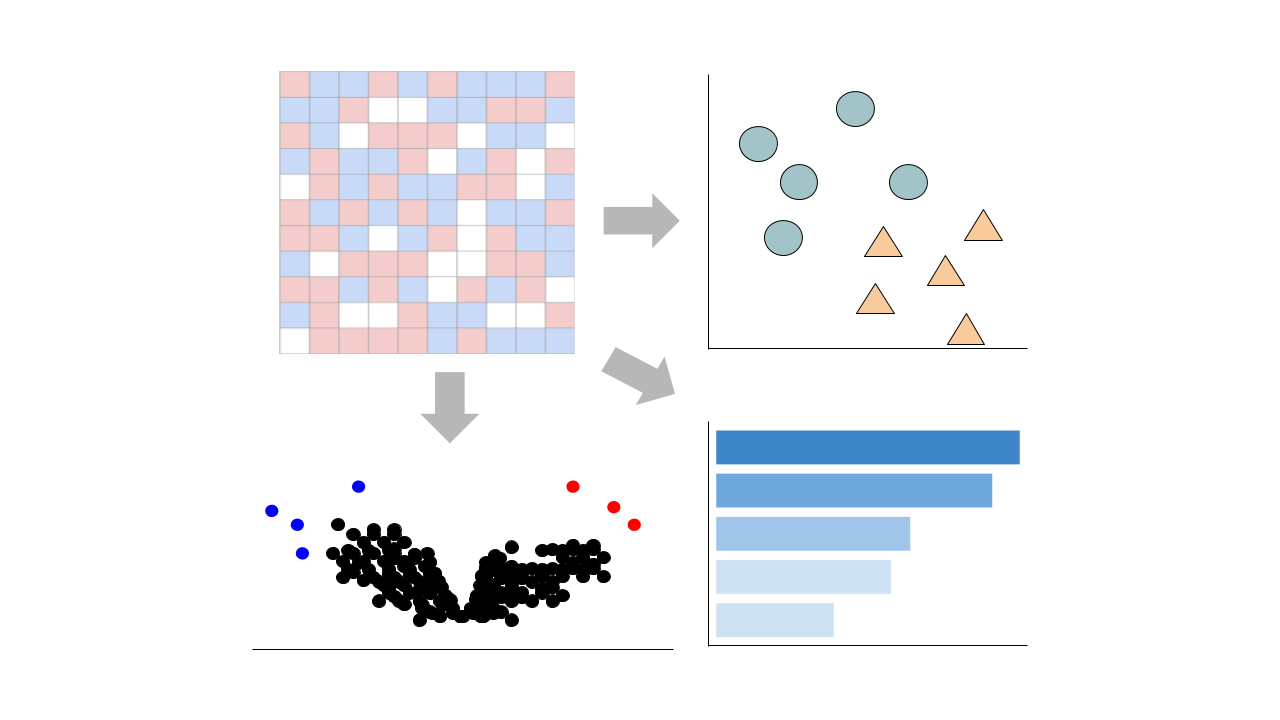Submission Date: Sep 17, 2019
Summary: Host protein folding stress responses can play important roles in RNA virus replication and evolution. Intriguingly, prior work revealed a complicated interplay between the cytosolic proteostasis stress response, controlled by its master regulator heat shock factor 1 (HSF1) and human immunodeficiency virus-1 (HIV-1). We sought to isolate HSF1 transcription factor activity from proteostasis stress and elucidate the function of HSF1 in HIV-1 lifecycle in absence of cellular stress. We used chemical genetic, stress-independent control of HSF1 activity to establish whether and how HSF1 influences HIV-1 replication. Stress-independent HSF1 induction decreased both the total quantity and infectivity of HIV-1 virions. Moreover, HIV-1 was unable to escape HSF1-mediated restriction over the course of several serial passages. These results promote continued consideration of the heat shock response as a potential target for antiviral drugs.
GEO Accession ID: GSE137591
PMID: 32502335
Select conditions below to toggle them from the plot:
| GROUP | CONDITION | SAMPLES |
|---|---|---|
| CEM clonal T cells |
GSM4082150 GSM4082151 GSM4082152 GSM4082153
|
|
|
GSM4082146 GSM4082147 GSM4082148 GSM4082149
|
Submission Date: Sep 17, 2019
Summary: Host protein folding stress responses can play important roles in RNA virus replication and evolution. Intriguingly, prior work revealed a complicated interplay between the cytosolic proteostasis stress response, controlled by its master regulator heat shock factor 1 (HSF1) and human immunodeficiency virus-1 (HIV-1). We sought to isolate HSF1 transcription factor activity from proteostasis stress and elucidate the function of HSF1 in HIV-1 lifecycle in absence of cellular stress. We used chemical genetic, stress-independent control of HSF1 activity to establish whether and how HSF1 influences HIV-1 replication. Stress-independent HSF1 induction decreased both the total quantity and infectivity of HIV-1 virions. Moreover, HIV-1 was unable to escape HSF1-mediated restriction over the course of several serial passages. These results promote continued consideration of the heat shock response as a potential target for antiviral drugs.
GEO Accession ID: GSE137591
PMID: 32502335
Select conditions:
Control Condition
Perturbation Condition
This pipeline enables you to analyze and visualize your bulk RNA sequencing datasets with an array of downstream analysis and visualization tools. The pipeline includes: PCA analysis, Clustergrammer interactive heatmap, library size analysis, differential gene expression analysis, enrichment analysis, and L1000 small molecule search.
